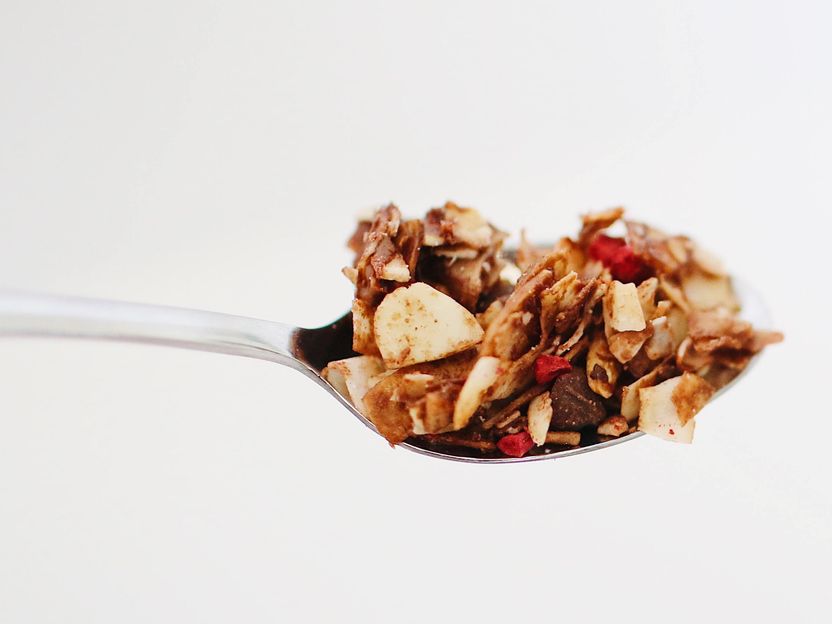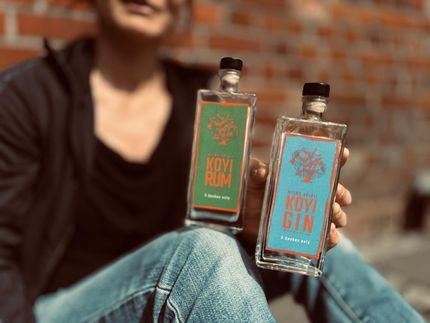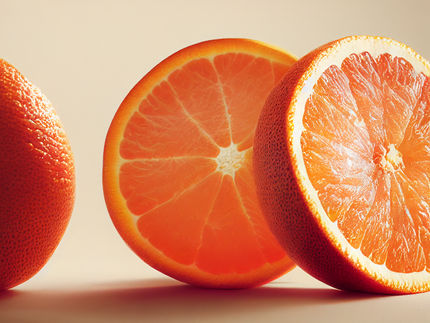Health goals create opening for label changes in Mexico
Natural products deliver a range of other health benefits
Advertisement
Many Mexican consumers say health is a priority for them, according to a Mintel global consumer research study. As part of their health goals, Mexican consumers are especially looking for natural and nutritious food and drink. Going forward, formulation could become a particular focus when Mexico implements a front-of-pack labeling law.

Photo by Fallon Michael on Unsplash
Healthy living is a goal for Mexicans
Health is a concern in Mexico, one of many countries faced with the opposing problems of under-nutrition and obesity. Nearly one-third of Mexico’s adult population were obese as of 2017 data from the Organization for Economic Cooperation and Development (OECD). Moreover, the OECD predicts that Mexico’s obesity rates will rise to 39% by 2030.
Mexico has responded to obesity concerns with regulations, including a 2014 tax on drinks with added sugar. In January 2020, the government passed legislation to add warning labels to food and drink with high levels of sugar, sodium, saturated fat and calories.
Perhaps as a result of taxes and media reports on health, more than half of Mexican consumers say “taking care of my health is a top priority” is a statement that describes them very well. However, busy schedules, limited budgets and taste temptations can impede actual efforts to stay healthy.
Look to Chile to navigate changes in labeling
Mexico’s labeling law will add front-of-pack labels to food and drink that is high in sugar, saturated fat, sodium and calories.
By October 1, 2020, companies must change the appearance of product packaging and add warning labels to food and beverage packaging. The law could also alter the formulation of products. After a similar law was passed in Chile in 2016, more Chilean food and drink launches used low, no or reduced fat and no added sugar or sugar-free claims.
Natural products deliver a range of other health benefits
Consumers often associate natural product claims with being better for you in terms of health. According to Mintel GNPD, in 2019, more than a quarter of food and drink launches in Mexico used a natural category claim, with no additives/preservatives as the leading natural claim.
Knorr Homemade Vegetable Broth is made with 100% natural origin ingredients from sustainable farming. It is low in fat and free from monosodium glutamate (MSG), artificial colors, flavors and preservatives (Mexico).
Jü by Delli Apple Juice Drink is 100% natural, does not contain added sugar and is enriched with omega 3 fatty acids and vitamins B3, B5, B6, B12 and D3. The package features characters from the movie Frozen II (Mexico).
Tu Tipo Gourmet Granola is handmade with organic ingredients. It is rich in fiber and vitamins, high in protein, free from preservatives and low in sugar, calories and sodium (Mexico).
Present fortified products using simple terms
Nearly three-quarters of Mexican consumers agree eating more food with added vitamins and minerals is a good way to make your diet healthier. Fortification is a particular interest for consumers who might be looking to improve their health amid the COVID-19 pandemic. Despite the interest in vitamin and mineral fortified food and drink, consumers generally do not want unfamiliar or chemical-sounding ingredients in their products. Lala’s non-dairy milk launches show the potential for clarifying and clearly communicating scientific-sounding vitamins. This type of on-pack clarification could help to introduce the clean label trend in Mexico.
Consumers will expect food and drink to be a force for positive change
Companies can amplify health claims with additional commitments to people and the planet. In addition to public health commitments, ethical and environmental claims will be more important in the next 10 years, according to Mintel 2030 Global Food & Drink Trend, ‘Change, Incorporated.’ Consumers who are frustrated by the lack of action on important societal issues, such as the environment and public health, will turn to companies to make a difference in society.
The 2030 Global Food & Drink Trend predicts that consumers from 2020 through 2030 will take pride in their personal efforts and support of companies that make them feel more diligent in their support of ethical and environmental causes. This creates a market in which consumers will be more drawn to and potentially loyal to companies and brands with ethical and environmental claims.
What Mintel thinks
Mexican consumers say they prioritize their health and look for natural and nutritious food and drink. Health priorities will be particularly important in the wake of the COVID-19 pandemic and after the country’s labeling law is implemented later this year. Brands that want to be on the forefront of consumer priorities also can extend the benefits beyond health to include ethical and environmental claims. In the next 10 years, corporate social responsibility will increasingly appeal to conscious consumers who want their purchases to support causes they believe in.

































































